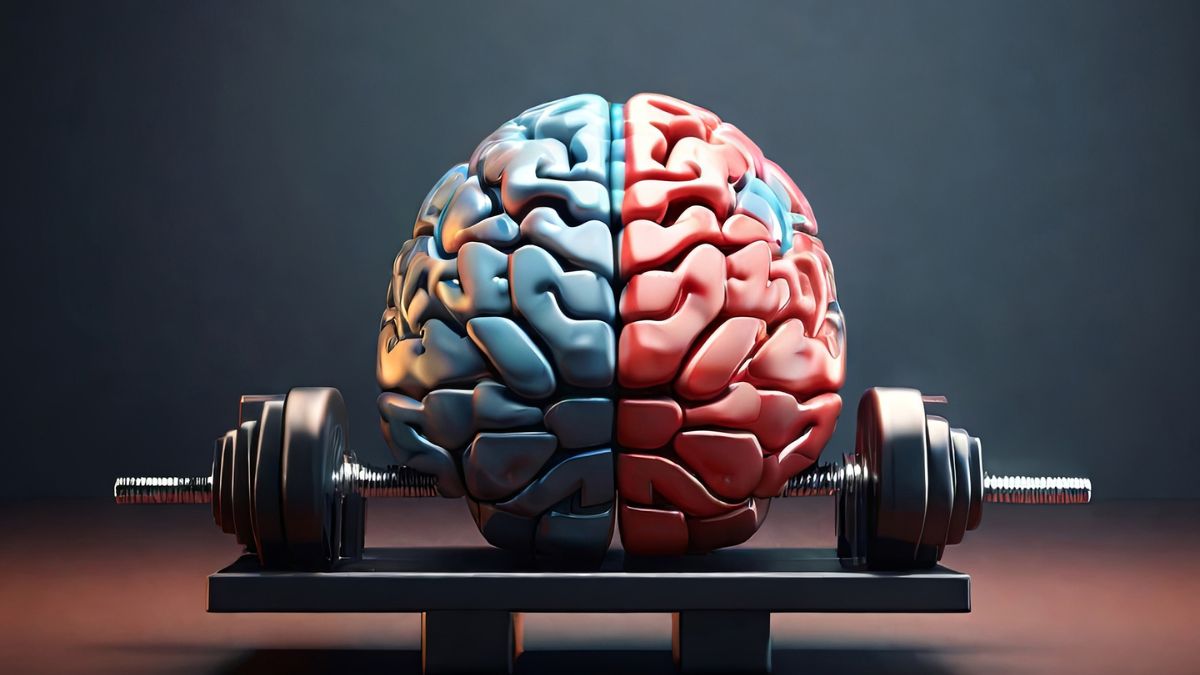The Art of Brain Health: Strategies for Optimal Cognitive Function
Introduction to Brain Health
Brain health encompasses cognitive, emotional, and psychological well-being, affecting our thoughts, feelings, and interactions with the world. Maintaining robust brain health becomes crucial for a flourishing life as we age. It improves decision-making skills, memory, and focus, impacting our daily lives, and is not limited to older people.
According to expert neurologists, simple lifestyle alterations can have a galvanizing effect on cognitive longevity. Integrating key elements such as balanced nutrition, consistent physical activity, and regular mental engagement into our daily routines can significantly positively impact our brains. Proactively investing in these foundational aspects offers immediate benefits and fortifies our mental resilience against age-related decline.
The Role of Nutrition in Cognitive Function
Eating meals high in vitamins, minerals, healthy fats, and antioxidants can improve brain function, prevent neurological illnesses, and slow mental aging. The capacity of fatty fish, which are high in omega-3 fatty acids, to form gray matter membranes around brain cells has been connected to enhanced cognitive function. Adequate hydration is crucial for maintaining the brain’s optimal chemical balance, promoting alertness and mental clarity. Neglecting hydration can lead to symptoms like confusion, fatigue, and diminished concentration, emphasizing the importance of dietary adjustments in brain health.
Exercise: A Catalyst for Brain Performance
Physical exercise significantly impacts the brain, improving mood, sleep, and stress reduction. It promotes brain growth and tissue volume and can improve mental acuity. Aerobic exercises like running, cycling, and swimming stimulate heart rate, improve circulation, and increase oxygen flow to the brain. Balance and muscle-strengthening exercises enhance these benefits by promoting coordination and reducing stress-induced mental load. These benefits are crucial for maintaining optimal brain function and preventing potential issues if left unaddressed.
Mental Stimulation and Brain Activity
Mental agility, like a muscle, requires consistent exercise to grow stronger and more resilient. Long-term cognitive function maintenance can be achieved by partaking in mentally taxing activities such as puzzle solving, playing an instrument, or learning a new language. These activities foster neural plasticity, heightened focus, and improved problem-solving skills. Social interaction, such as engaging in conversations or spending time with family and friends, also provides emotional benefits and acts as a buffer against cognitive decline, proving that “laughter is the best medicine.”
The Importance of Sleep for Brain Function
Sleep is a cornerstone for mental health, offering the brain a crucial period to restore, rejuvenate, and fortify its cognitive mechanics. Deep sleep improves learning and memory retention by allowing the brain to organize and consolidate information learned during the day. On the other hand, the lack of restful sleep can trigger a cascade of cognitive impairments, including poor concentration, forgetfulness, and even impaired judgment.
Creating an ambient environment conducive to relaxation is essential to ensure restorative sleep. Habits like establishing a comfortable resting environment, reducing screen time before bed, and a regular sleep schedule can all help you get better sleep and enhance your brain health.
Stress Management: Protecting Your Brain
Chronic stress is a stealthy adversary to cognitive health, contributing to issues like mental fatigue and disrupted concentration and even exacerbating conditions such as depression and anxiety. Effectively managing stress is crucial for safeguarding cognitive function. Mindfulness meditation, yoga, and diaphragmatic breathing can create a buffer against stress, cultivating peace and mental clarity.
Relaxing hobbies or leisure activities can also significantly reduce stress levels by protecting the brain from the long-term effects of stress and encouraging a balanced emotional state.
Recent Advances in Brain Health Research
The scientific inquiry into brain health is rich with ongoing advancements, offering intriguing insights into how we can optimize cognitive functions and prolong brain vitality. Groundbreaking research in neuroplasticity indicates that the brain can rewire itself, adapting to new challenges and environments throughout its lifespan. Studies suggest that lifestyle modifications can enhance this neuroplastic potential, thereby increasing cognitive reserve and mitigating the onset of neurodegenerative disorders.
Stay abreast of groundbreaking findings and expert insights from resources such as Psychology Today, and leverage this information to make informed decisions about your cognitive health.
Lifestyle Changes for Long-Term Brain Health
Ensuring wellness involves making choices today and embracing holistic lifestyle changes that foster long-term cognitive health. Simple actions like a diverse diet, regular exercise, and fulfilling activities can help the brain reach its full potential, enhance cognitive resilience, and enjoy life’s facets. This comprehensive approach elevates understanding and appreciation of brain health, providing immediate benefits and sustained cognitive prosperity.
